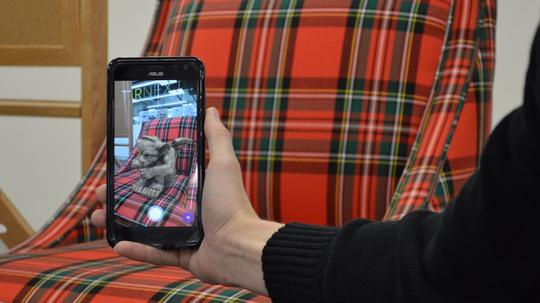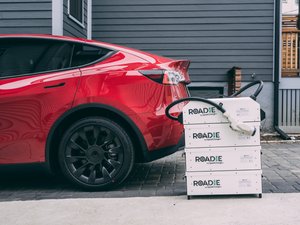
This article first appeared in Boston Business Journal, a sister publication of BostInno.
The U.S. Supreme Court has ruled that states can levy sales taxes on purchases made through out-of-state online retailers, dealing a blow to Boston-based Wayfair Inc. and other companies that have fought taxation.
Thursday's 5-4 decision overturns a 1992 Supreme Court ruling, known as Quill, that barred states from imposing sales taxes on catalog and mail-order companies that did not have a physical presence in the state. That ruling came just before the internet boom, and has allowed online retailers to avoid collecting sales taxes on purchases on their websites.
"By giving some online retailers an arbitrary advantage over their competitors who collect state sales taxes, Quill’s physical presence rule has limited States’ ability to seek long-term prosperity and has prevented market participants from competing on an even playing field," the Supreme Court wrote on Thursday.
Shares of Wayfair (NYSE: W) were down 6 percent as of 10:20 a.m., immediately after the decision was issued.
While the case decided today focuses on a South Dakota law, the Supreme Court’s ruling applies nationwide, including in Massachusetts. The South Dakota law requires retailers to collect sales taxes from customers based on their sales to state residents, regardless of whether they have a physical presence there.
Some companies, including Wayfair, declined to register with South Dakota to collect sales taxes. South Dakota then sued three of them — Wayfair, Overstock.com and Newegg — to force them to do so. Lower courts sided with the retailers, prompting the state to appeal.
The ruling will have significant ramifications for Massachusetts, where the Baker administration has tried a variety of methods to collect more sales taxes from out-of-state retailers. Last year, the administration put forward regulations similar to the South Dakota law, which industry groups had blasted as unconstitutional under the Supreme Court’s 1992 Quill ruling. One business has challenged the Massachusetts regulation in Virginia court.








